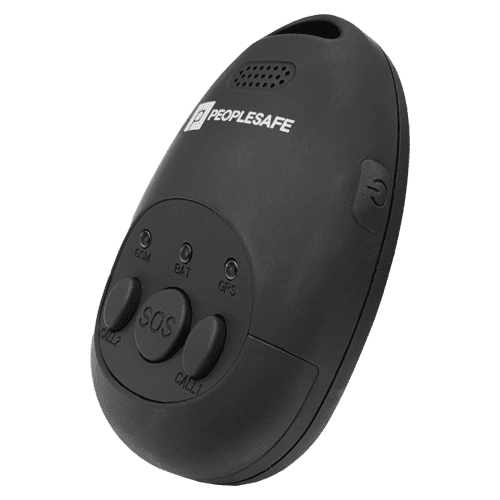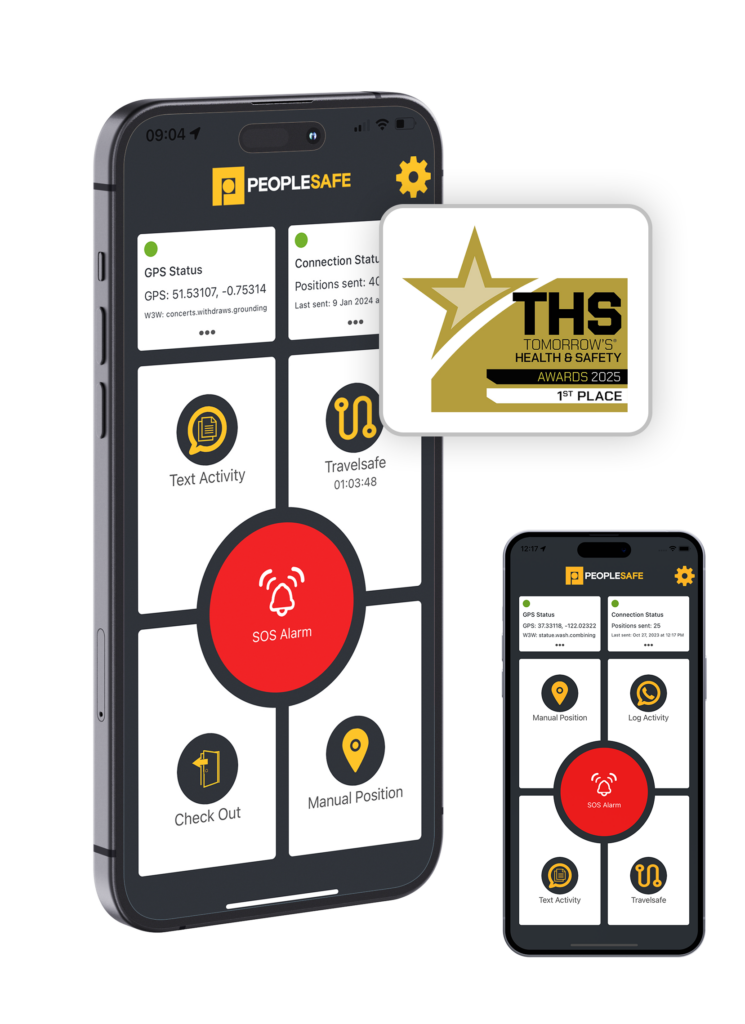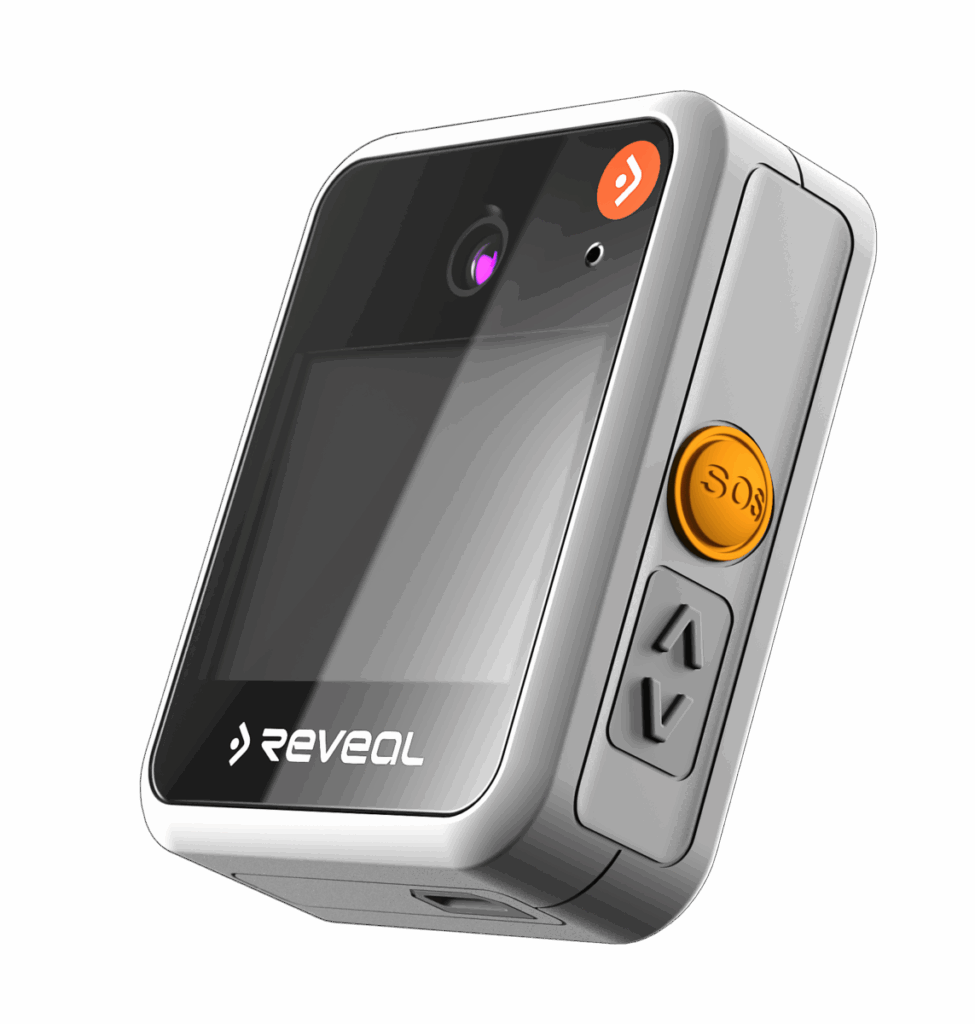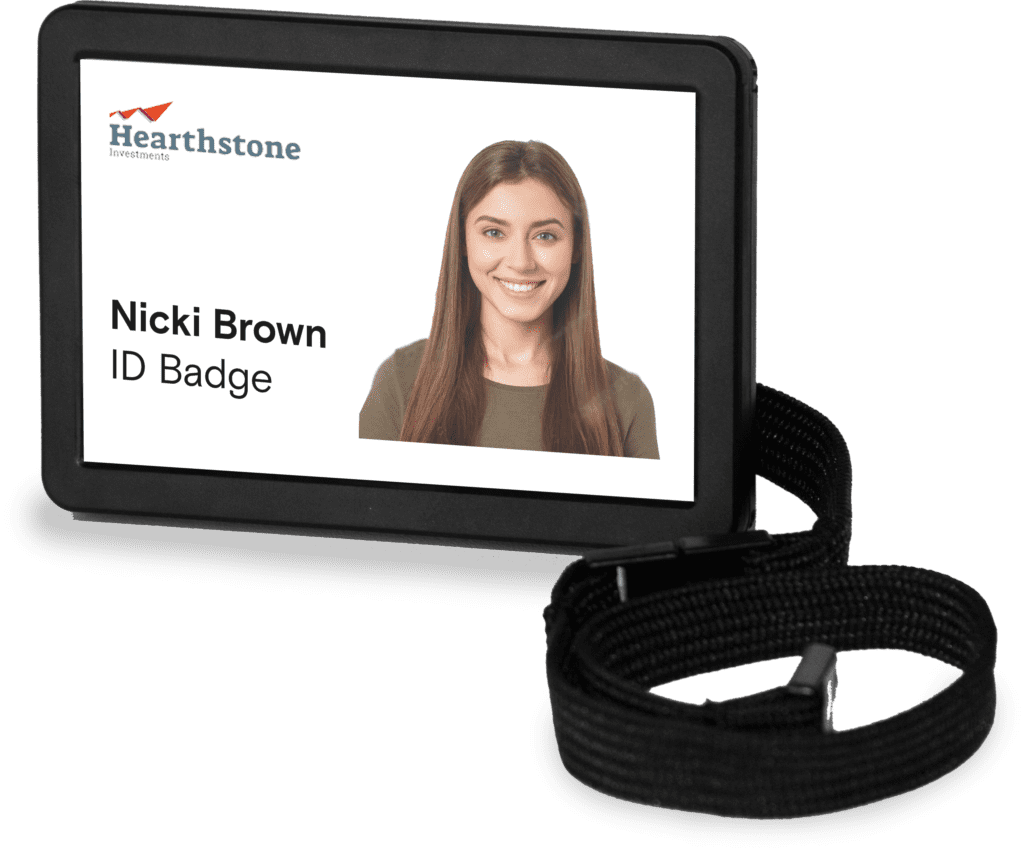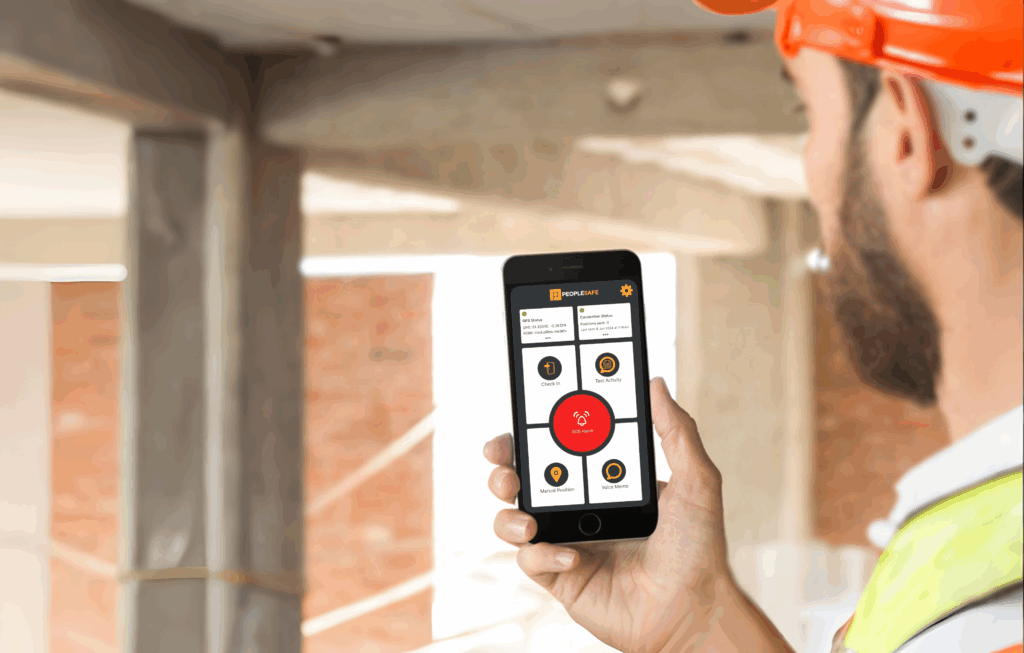13 Tips to Safely Deal With Drunken Individuals
When people drink alcohol, their ability to make rational decisions, think logically, and control their emotions is significantly impaired. They often struggle to process information accurately, which can lead to irritability and frustration.
In this state, even minor misunderstandings can quickly spiral out of control. Misreading of body language and signals can easily escalate into confrontations if not managed appropriately. A seemingly simple gesture, like a friendly glance, could be misread and confrontation could start.
For those working in industries such as hospitality, healthcare, and housing, encounters with intoxicated individuals are not uncommon. Outside of work, commuters, especially those using public transport, may also encounter drunk people, particularly late at night or during weekends.
In any setting, handling these situations requires a careful approach to ensure the safety of everyone involved, which can be challenging. Here are our essential tips to help you manage these situations effectively and safely:
1. Maintain a Calm and Non-Threatening Presence
When approaching someone who is drunk, it’s crucial to remain calm and avoid any aggressive posturing. Use open, empty-handed gestures to convey that you mean no harm. Taking a non-threatening stance helps to de-escalate potential tension and prevents the situation from worsening.
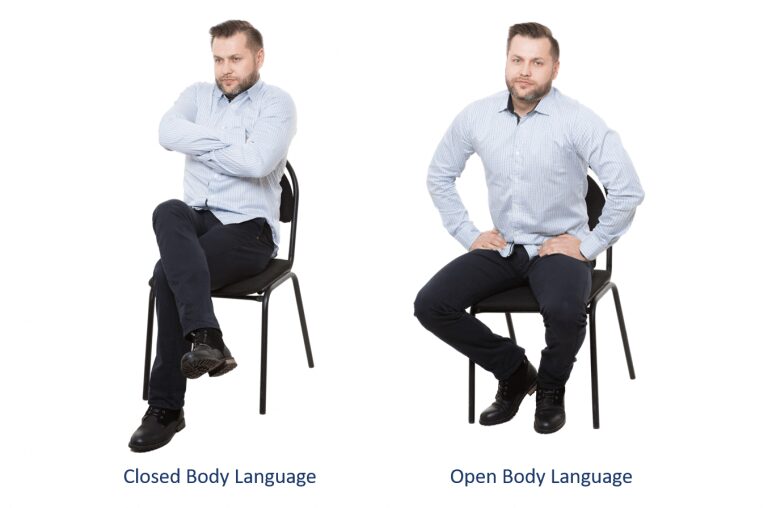
2. Use Simple Language
When communicating with someone who is drunk, keep your language simple and direct. Avoid using complex sentences or jargon, as they may struggle to understand, causing more frustration. Clear, straightforward communication reduces confusion and helps to keep the situation under control.
3. Offer Choices, Not Commands
Wherever possible, avoid giving direct orders or instructions as this can cause resistance and misunderstandings. Instead, offer options and provide clear, direct instructions. This approach helps the individual feel more in control, reducing the chance of confrontation and making it easier for them to follow your requests.
4. Keep Them Distracted
If you can feel the situation escalating, try to talk to the drunk individual about neutral or positive topics. Asking questions about their interests or discussing non-controversial subjects can help to redirect their focus and diffuse tension. This can help to keep them occupied and calm their emotions while you wait for additional help or for the situation to de-escalate.
5. Maintain a Safe Distance
Where possible, always keep a safe distance between yourself and any intoxicated individual you are dealing with. This protects you from potential physical harm and gives the person space, which can help prevent them from feeling cornered, threatened and defensive.
6. Avoid Physical Contact
Refrain from touching or physically restraining a drunken person unless absolutely necessary. Physical contact can be easily misinterpreted and provoke an unintended reaction when someone is intoxicated. Even a well-intentioned gesture like a pat on the back can be misinterpreted, so it’s best to avoid these actions altogether.
7. Understand the Law
Knowing the legal boundaries is essential when dealing with potentially dangerous situations involving drunk people. For example, in situations where self-defence becomes necessary, it’s important to only use reasonable force proportional to the threat faced. Excessive force can not only escalate the situation but lead to legal consequences.
If you need to detain someone to prevent harm, make sure you understand the rules for a citizen’s arrest. You can only detain someone if they’re committing a crime or are an immediate threat until the police arrive.
It may also help to be aware of any legislation relating to alcohol consumption at work in your industry and your organisations own policies. In many cases drinking on the job is illegal or against company policy, which can lead to disciplinary actions or legal consequences. Understanding these rules can provide clarity and help prevent issues before they arise.
8. Watch for Warning Signs
Be alert to changes in the person’s behaviour that may indicate frustration escalating, such as raised voices, clenched fists, or unpredictable movements. Recognising these signs early can give you time to defuse the situation or safely remove yourself before it becomes more dangerous.
9. Find Their Sober Friends
If possible, identify and ask for help from the individual’s sober friends, family, colleagues or whoever is with them. People who know the individual are often more successful in calming them down and can help mediate the situation more effectively than someone unfamiliar to them.
10. Know When to Call for Help
If the situation seems to be escalating beyond your control, or if the person becomes aggressive, don’t hesitate to call for professional help. Whether it’s an SOS Alarm, on-site security, or directly calling 999, knowing when to seek external support is crucial for ensuring your safety.
11. Be Prepared to Walk Away
Always be ready to exit the situation if it becomes too volatile. Your safety is the most important thing, so don’t hesitate to remove yourself from the environment if necessary.
12. Carry Personal Safety Technology
In some situations, de-escalation may not be possible, and emergency help could be needed. Integrating safety technology, such as personal safety devices or apps, can offer an additional layer of protection for employees during these situations.
Carrying a personal safety alarm allows you to discreetly request help at the press of a button. This alerts a dedicated 24/7 control centre, where trained Alarm Controllers listen in and coordinate an appropriate response. Depending on the situation, they can notify your emergency contacts or directly contact the police to ensure the fastest possible response in an emergency.
You can also set up secret duress code words or phrases to signal a problem without alerting the aggressor, enabling you to receive fast and effective help discreetly. Additionally, this technology can capture audio and video evidence, which may be crucial if legal action is necessary.
By incorporating safety technology, organisations can better protect their employees, ensuring they receive the help they need in challenging situations and providing them with greater peace of mind.
Real Life Alarm: Drunk Hotel Guest
A hotel receptionist activated a panic alarm to Peoplesafe when an intoxicated guest attempted to bring a large volume of non-guests into the hotel, violating hotel policy. When the receptionist refused entry, the guest began shouting threats and throwing items in the lobby. The Alarm Controller silently monitored the situation and, as the guest’s behaviour continued, contacted the police via a URN to coordinate an immediate police response.
Throughout the call the Controller stayed in contact with the receptionist, providing reassurance while informing the hotel manager of the situation. Within minutes, the police arrived and took control of the situation. The Controller stayed on the line until the receptionist confirmed they were happy for the alarm to be closed, ensuring the proper escalation procedures were followed.
13. Conduct Training
Employers have a legal and ethical duty of care to ensure the safety and wellbeing of their employees, especially in high-risk situations.
This responsibility includes providing adequate training and resources. So, if your role regularly involves interacting with drunk people, request training from your employer on best practices for handling these situations. This should involve scenario-based exercises to practice handling aggressive or vulnerable individuals, as well as training on de-escalation techniques and how to conduct a dynamic risk assessment.
Regular training helps build confidence and competence, ensuring you are well-prepared to manage challenging interactions.

